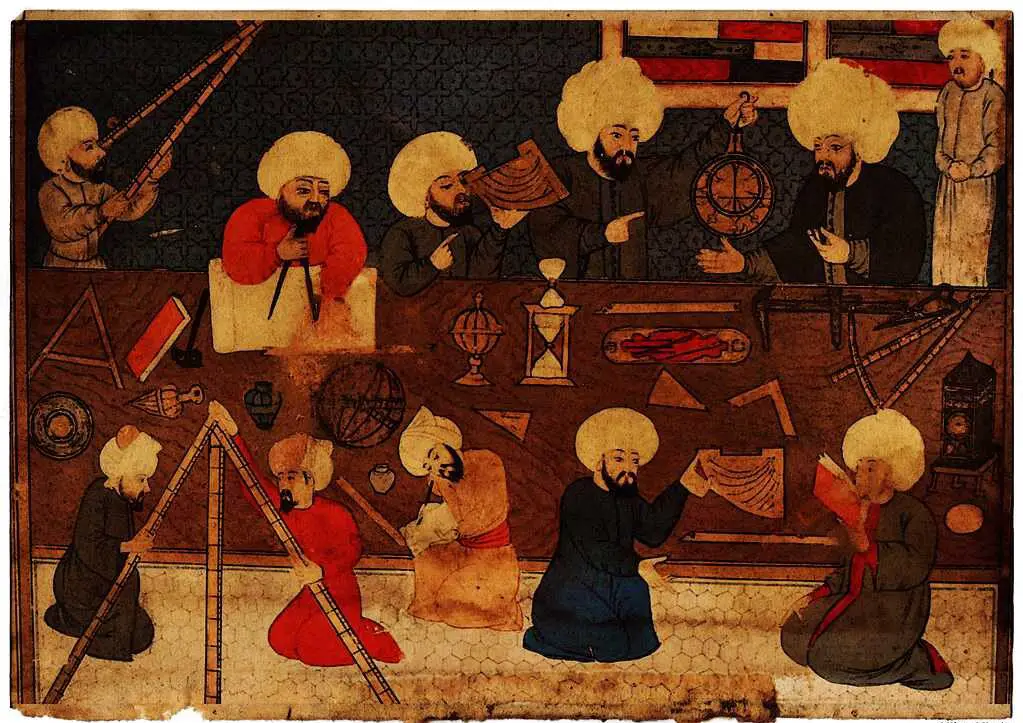Famous Muslim Scientists and their Inventions: There was hardly a subject of study that Muslim scientists did not aggressively pursue or make an original contribution to, from astronomy to biology. Arabs, Persians, and Turks were just a few of the Muslim inventors and scientists who were likely hundreds of years ahead of their European counterparts. They were influenced by the Neo-Platonists, Euclid, Archimedes, Ptolemy, and Aristotelian philosophy, among others. The Muslims discovered several things and produced countless volumes on physics, chemistry, philosophy, astrology, geometry, and many other subjects.
The most Famous Muslim Scientists and their Inventions are discussed in today’s article, along with their amazing creations.
Famous Muslim Scientists and Their Inventions
Ibn Al-Baitar (1197 – 1248)
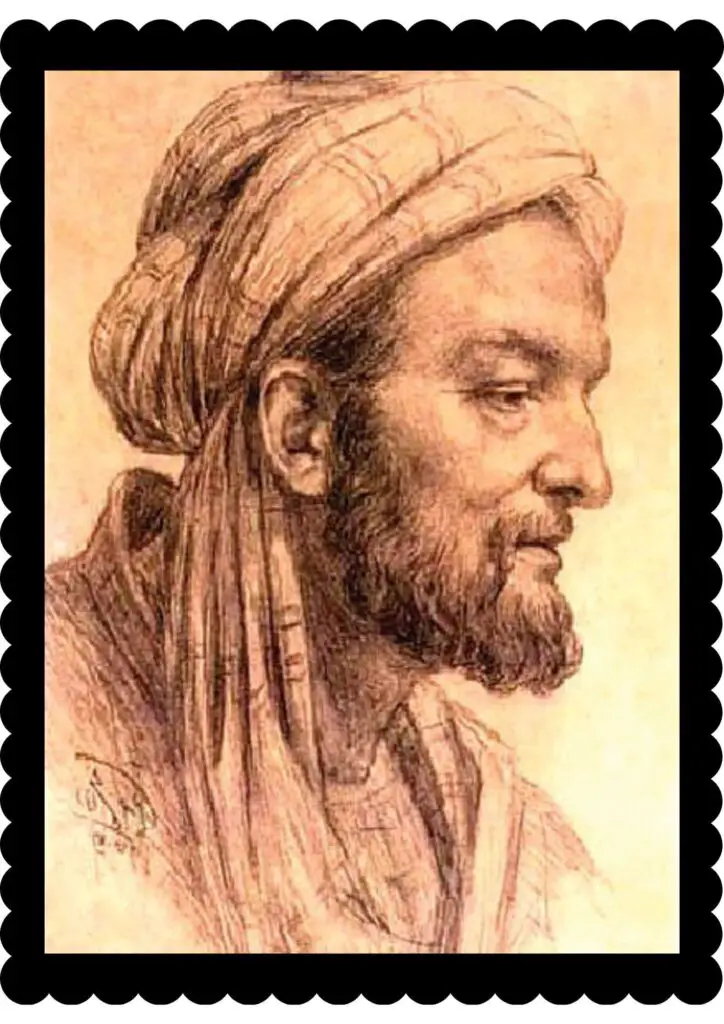
Born: 1197, Málaga, Spain
Books: Kitāb al-Jāmiʻ li-mufradāt al-adwiya wa-l-aghdhiya, Kitāb al-Mughnī fī al-Adwiya al-Mufrada
Arab scholar, botanist, and physician who meticulously documented the Middle Ages medical discoveries made by Islamic physicians.
His Compendium on Simple Medicaments and Foods (Arabic: كتاب الجامع لمفردات الأدوية والأغذية) is his substantial and frequently read work. It is a pharmacopoeia (pharmaceutical encyclopaedia) that details the applications of 1400 different plants, foods, and medications.
Ibn Khaldun (1332 – 1406)
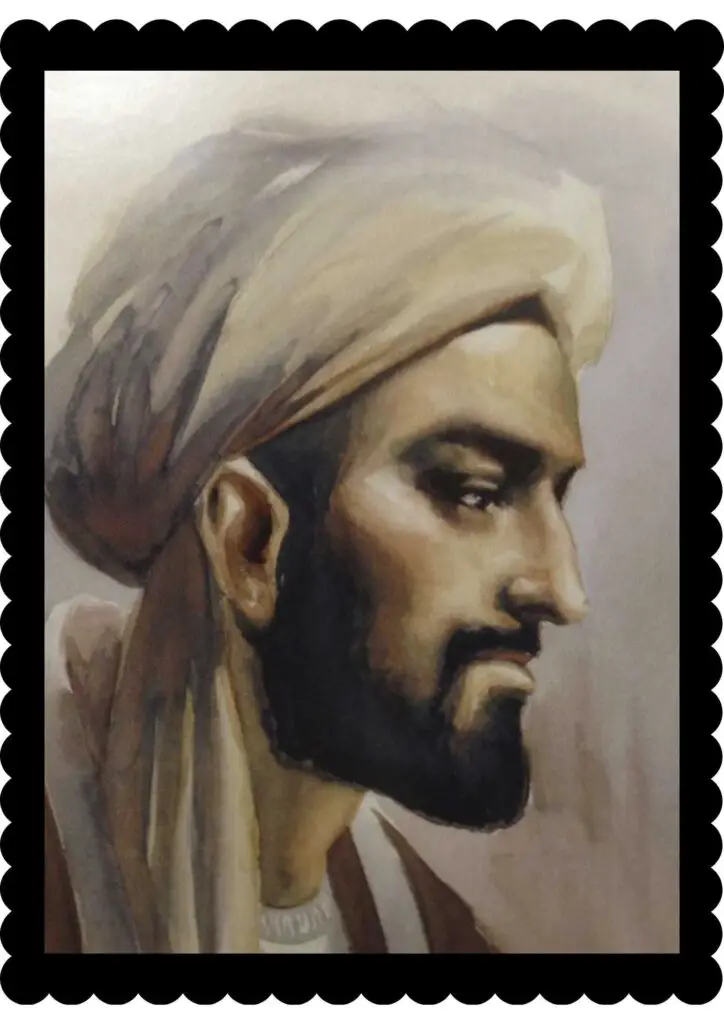
Born: 27 May 1332, Tunis, Tunisia
Books: Muqaddimah or Prolegomena, Kitāb al-ʻIbar
Arab historian and historiographer who created one of the first nonreligious historical philosophies. One of the founding fathers of contemporary historiography, sociology, and economics. His most famous work, the Muqaddimah or Prolegomena (“Introduction”), which he claims to have written in six months in his autobiography, influenced Ottoman historians of the 17th and 19th centuries, including Kâtip elebi, Mustafa Naima, and Ahmed Cevdet Pasha. These historians used the theories in the Muqaddimah to examine the expansion and decline of the Ottoman Empire.
Ibn Zuhr (1091 – 1161)
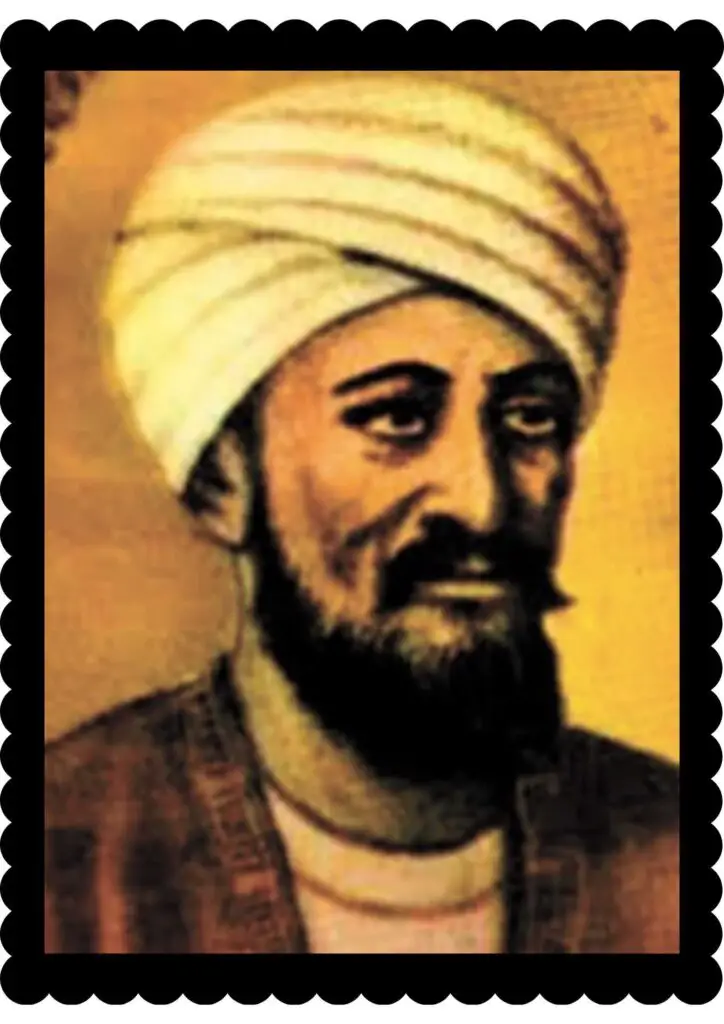
Born: 1094, Seville, Spain
Books: Kitab al-aghdhiya wa al-adwia
Often referred to as Avenzoar renowned for his classic book Al-Taisir Fil-Mudawat Wal-Tadbeer(Book of Simplification Concerning Therapeutics and Diet), He was an Arab surgeon, poet, and physician. He was particularly well-known for emphasizing the need for a more logical, empirical approach to medicine. By identifying many diseases and their cures, he also advanced surgical and medical expertise. The first experimental tracheotomy was performed on a goat by Ibn Zuhr.
Ibn Al-Haytham (965 – 1040)
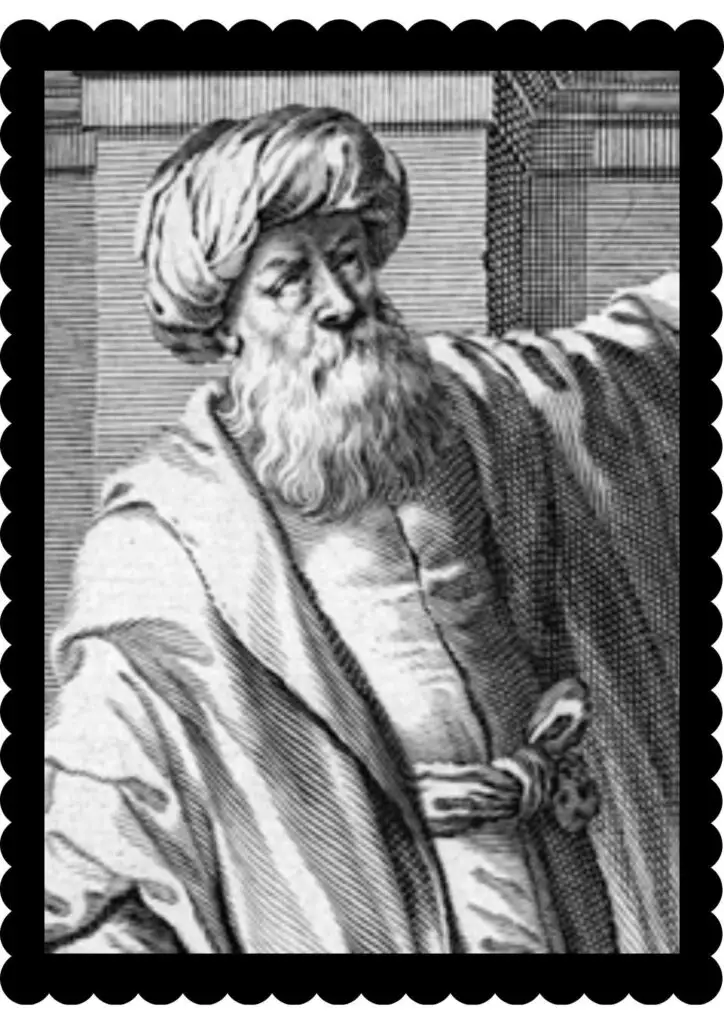
Born: 1 July 965 AD, Basrah, Iraq
Books: Book of Optics, De aspectibus, Shukūk ʻalá Baṭlamyūs
Commonly called as Alhazen. Astronomer and mathematician from the Arab world renowned for his significant contributions to optical theory and the application of scientific experiments. He is known as “the father of modern optics” and is credited with making important advances in the principles of optics and, more specifically, visual perception. His most important work, Kitb al-Manir (Arabic: كتاب المناظر , “Book of Optics”), was produced between 1011 and 1021 and has since been translated into Latin.
Ibn Ishaq Al-Kindi (801 – 873)
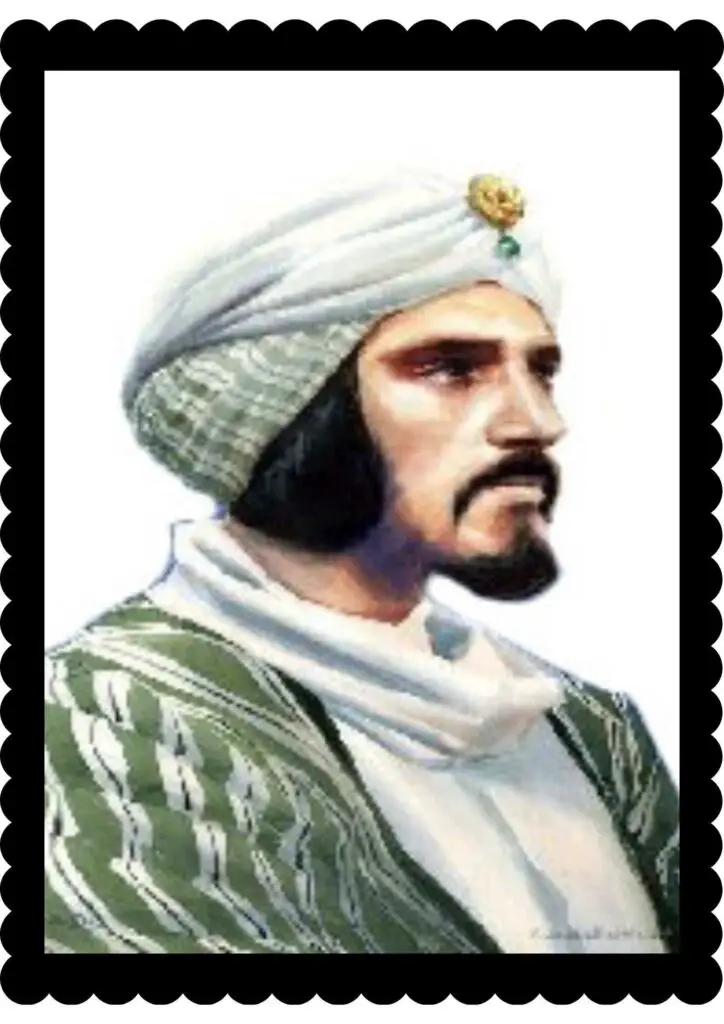
Born: Kufa, Iraq
Also referred to as Alkindus, The earliest of the Muslim peripatetic philosophers was an Arab Muslim scientist and philosopher, even known as the “Father of Arab Philosophy”. He then wrote hundreds of original treatises on a variety of topics, including metaphysics, ethics, logic, and psychology, as well as on subjects like medicine, pharmacology, mathematics, astronomy, astrology, and optics. He also wrote on subjects that were more directly applicable, like perfumes, swords, jewels, glass, dyes, zoology, tides, mirrors, meteorology, and earthquakes.
Jabir Ibn Haiyan (722 – 804)
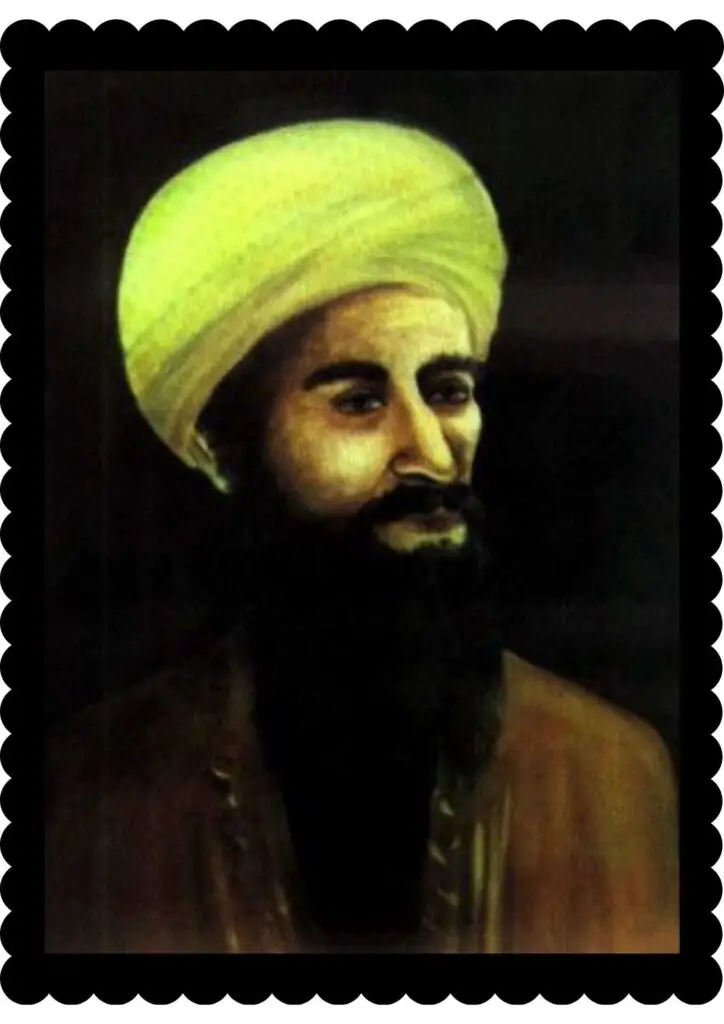
Born: 721 AD, Tous, Iran
Also spelled Geber. The pioneer of Arab chemistry is renowned for his enormously significant works on metallurgy and alchemy. He is the alleged author of a huge collection of diverse Arabic texts that are frequently referred to as the Jabirian corpus.
The earliest known systematic classification of chemical compounds may be found in Jabir’s writings, as can the earliest known instructions for chemically generating an inorganic molecule from an organic one. The philosophy known as “the science of the balance” (Arabic: ilm al-mīzān), which sought to reduce all phenomena (even material entities and their elements) to a system of measures and quantitative proportions, informed a sizable section of Jabir’s writings.
Abu Bakr Al-Razi (865 – 925)
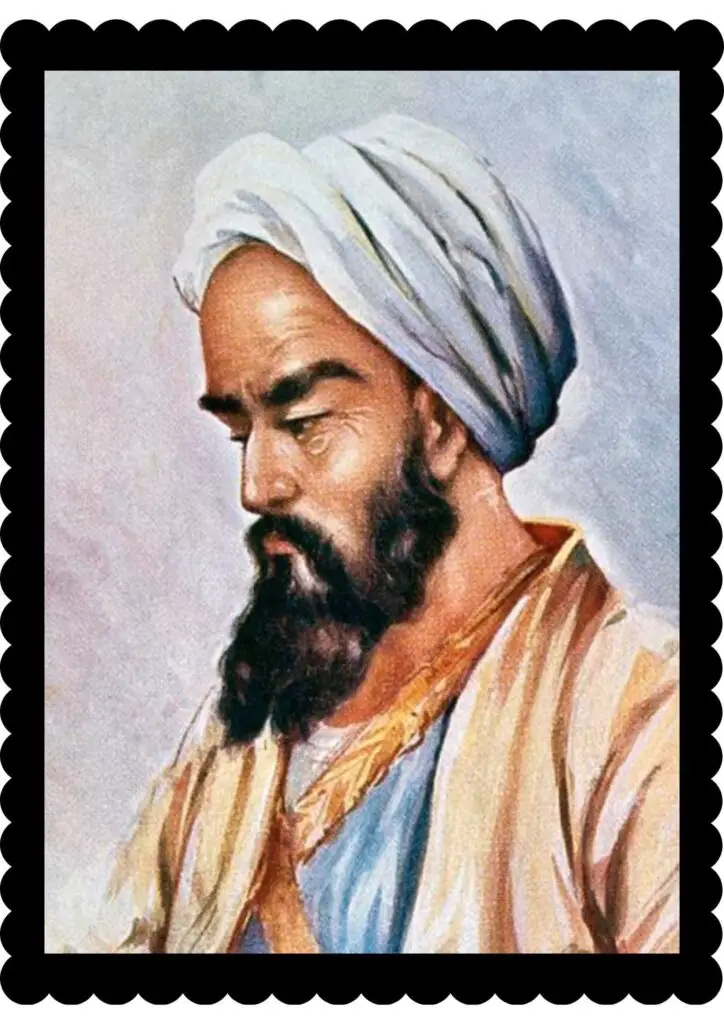
Born: 854 AD, Shahr-e-Rey, Iran
Books: Al-Hawi
Often referred to as Rhazes, He was a Persian philosopher and alchemist who is regarded as one of history’s finest physicians. Al-Razi was a broad-minded thinker who contributed to different subjects in over 200 publications. He is best known for his numerous medical advancements as a result of his observations and findings. “A General Book on Therapy” and “On Surgery,” two volumes from his work Al-Mansuri, are now taught at medical schools in the West. He has also been referred to as the founder of obstetrics, the father of pediatrics, and a pioneer in ophthalmology.
Thabit ibn Qurra (826 – 901)
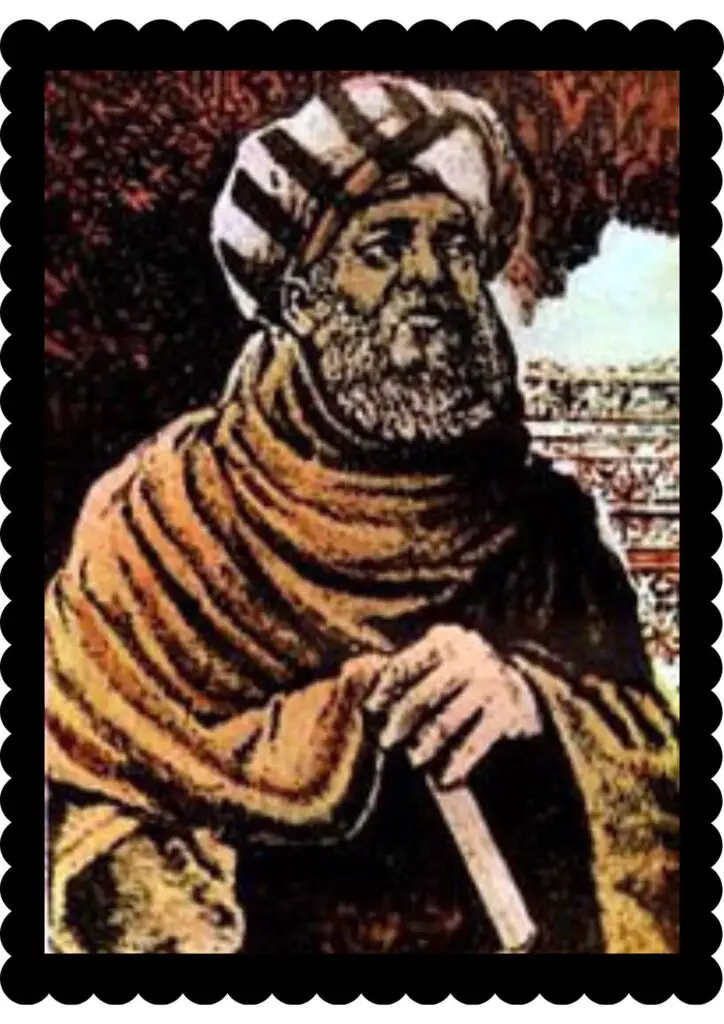
Born: 836 AD, Harran, Turkey
Books: The astronomical works of Thabit b. Qurra, Thebit ben Corat de tribus imaginibus magicis.
Arab mathematician, physician, and astronomer, also known as Thebit, was the first to revise the Ptolemaic system and was the father of statics. Thbit is sometimes credited with developing the medieval astronomy theory of the trepidation of the equinoxes. Thbit found an equation for calculating amicable numbers in mathematics. Thabit opposed the Peripatetic and Aristotelian theories of an element’s “natural place” in physics.
Omar Khayyam (1048 – 1131)
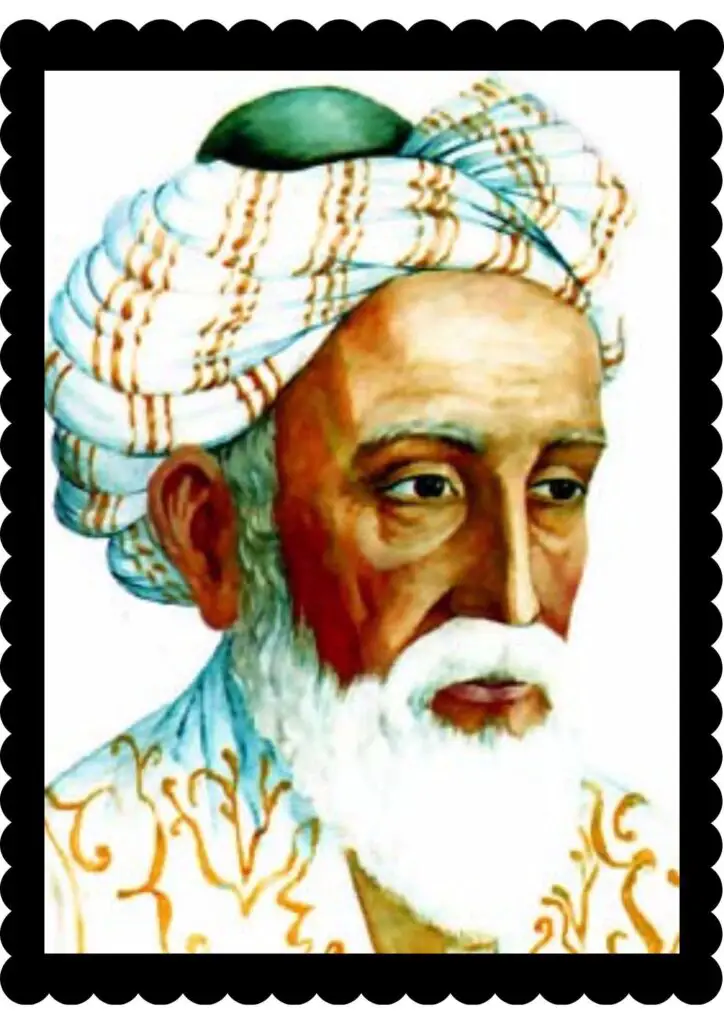
Born: 18 May 1048, Neyshabur, Iran
Persian mathematician, astronomer, and poet famous for his Rubaiyat (“quatrains”) and scientific accomplishments. He achieved his greatest fame as a mathematician through his work on the categorization and solution of cubic equations, where he offered geometric solutions through the intersection of conics. His calculations of the length of the solar year as an astronomer led to the creation of the Jalali calendar, a solar calendar with an extremely accurate 33-year intercalation cycle that served as the foundation for the Persian calendar, which is still in use today and has been around for almost a thousand years.
Muhammad ibn Musa Al-Khwarizmi (780 – 850)
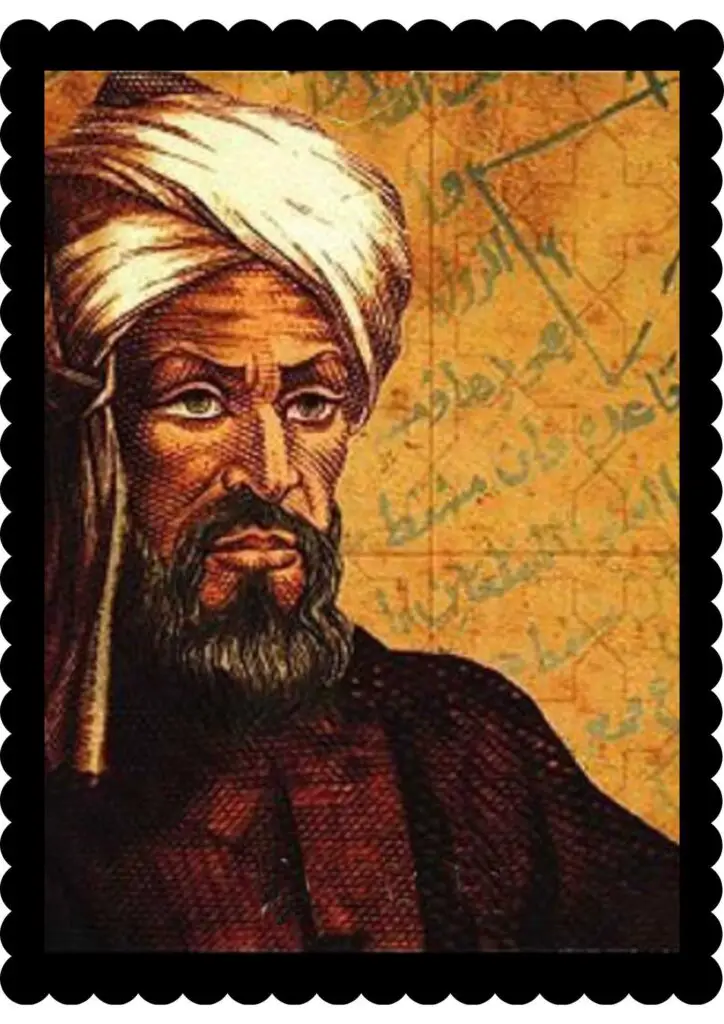
Born: Khwarazm
Other names were Algoritmi and Algaurizin. His writings introduced algebraic concepts and Hindu-Arabic numbers to European mathematics. The Compendious Book on Calculation by Completion and Balancing, which popularised algebra, provided the first systematic approach to solving linear and quadratic equations. His arithmetic textbook (Algorithmo de Numero Indorum), which defined the numerous Indian numerals, was translated into Latin in the 12th century, introducing the decimal positional number system to the Western world. He corrected Ptolemy’s Geography in addition to his best-known writings, adding the longitudes and latitudes of many towns and cities.
Ibn Rushd (1126 – 1198)
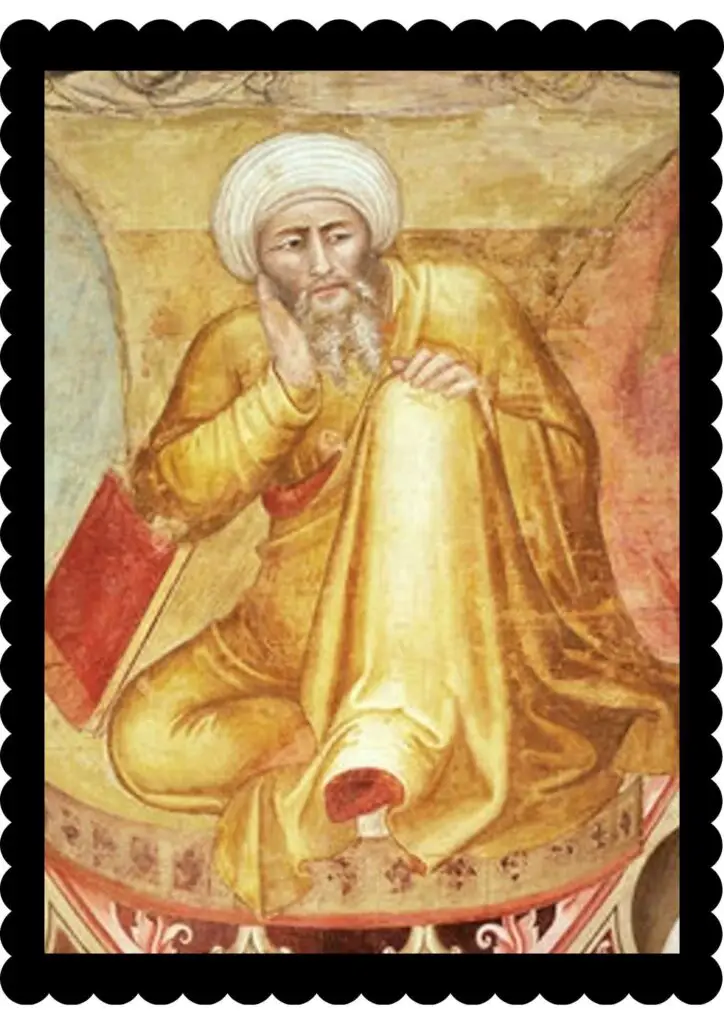
Born: 14 April 1126, Córdoba, Spain
Also referred to as Averroes. Arab philosopher and academic who wrote a number of summaries and analyses on the majority of Aristotle’s works as well as on Plato’s Republic. His intellectual works, for which he was known in the West as The Commentator and the Father of Rationalism, contain several Aristotelian comments. He is the author of more than 100 books and treatises. Strongly advocating Aristotelianism, Averroes fought against the Neoplatonist tendencies of earlier Muslim philosophers and strove to revive what he believed to be Aristotle’s original teachings.
Ibn Battuta (1304 – 1369)
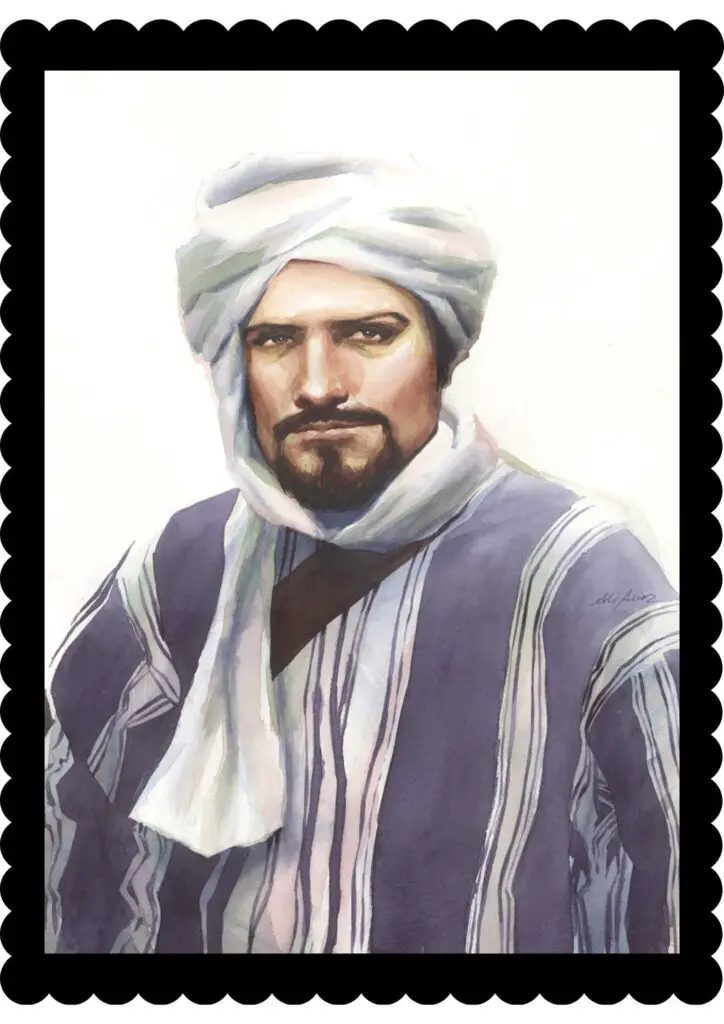
Born: 24 February 1304, Tangier, Morocco
Arab explorer and scholar, also known as Shams ad-Din, who is best known for writing the Rihlah, one of the most well-known travelogues in history. Ibn Battuta traveled extensively throughout southern Eurasia over the course of thirty years, including visits to China, the Iberian Peninsula, Central Asia, Southeast Asia, and South Asia. Near the end of his life, he narrated A Gift to Those Who Contemplate the Wonders of Cities and the Marvels of Traveling, also known as The Rihla, a narrative of his travels.
Ibn Sina (980 – 1037)
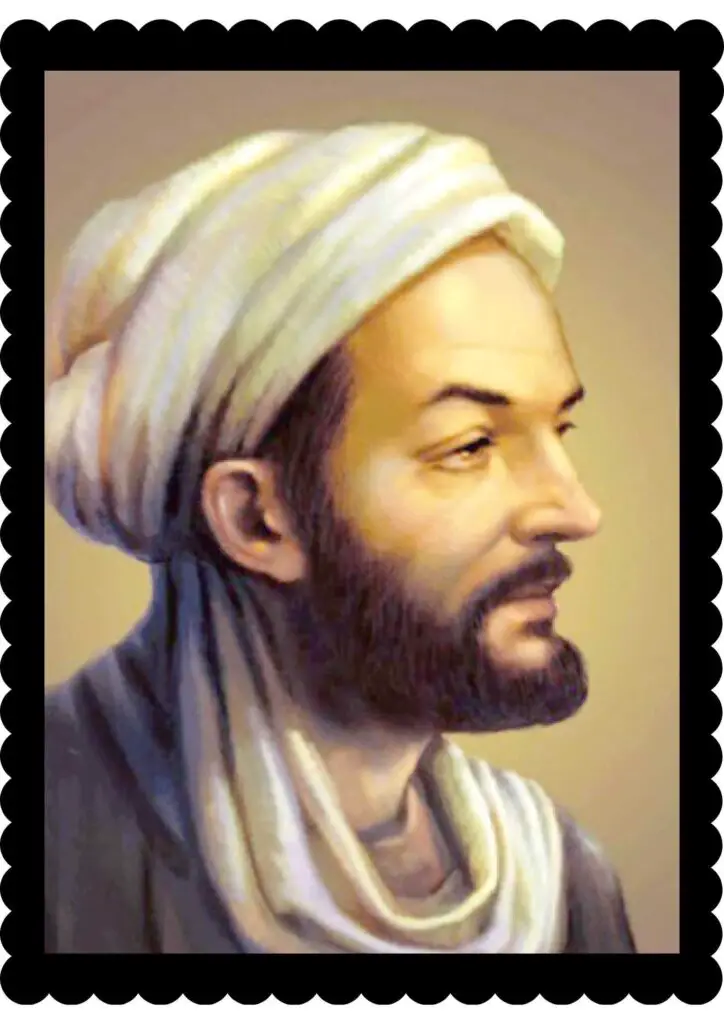
Born: 980, Afshana, Transoxiana, Samanid Empire
Known also as Avicenna. Aristotelian philosophy and medicine were influenced by this Persian scientist and philosopher. He was a Peripatetic Muslim philosopher who had been exposed to Greek Aristotelian thought. Around 240 of the 450 works, he is thought to have authored remain, including 150 works on philosophy and 40 works on medicine. His two most well-known publications are ‘The Book of Healing’, an encyclopedia of philosophy and science, and ‘The Canon of Medicine’, an encyclopedia of medicine that was used as a standard medical text in many medieval institutions until 1650.
Al-Battani (858 – 929)
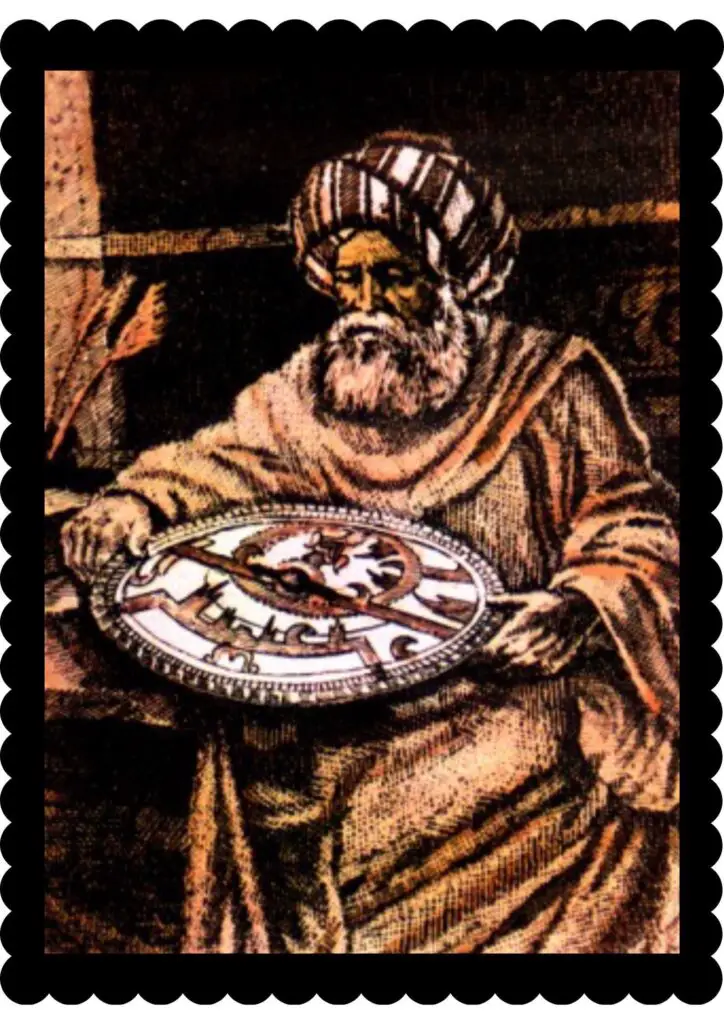
Born: 858 AD, Harran, Turkey
Books: Kitāb az-Zīj
Also referred to as Albatenius. Arab astronomer, scientist, and mathematician who enhanced current estimates of the length of the year and the seasons. Many medieval astronomers, including Copernicus, frequently used his Kitb az-Zij, in which he introduced a number of trigonometric relations. Al-Battani is regarded as the greatest and most well-known astronomer of the medieval Islamic world and is frequently referred to as the “Ptolemy of the Arabs.” The determination that the solar year is 365 days, 5 hours, 46 minutes, and 24 seconds, which is only 2 minutes and 22 seconds wrong, is one of Al-Battani’s well-known astronomical accomplishments.
Abu Nasr Al-Farabi (872 – 950)
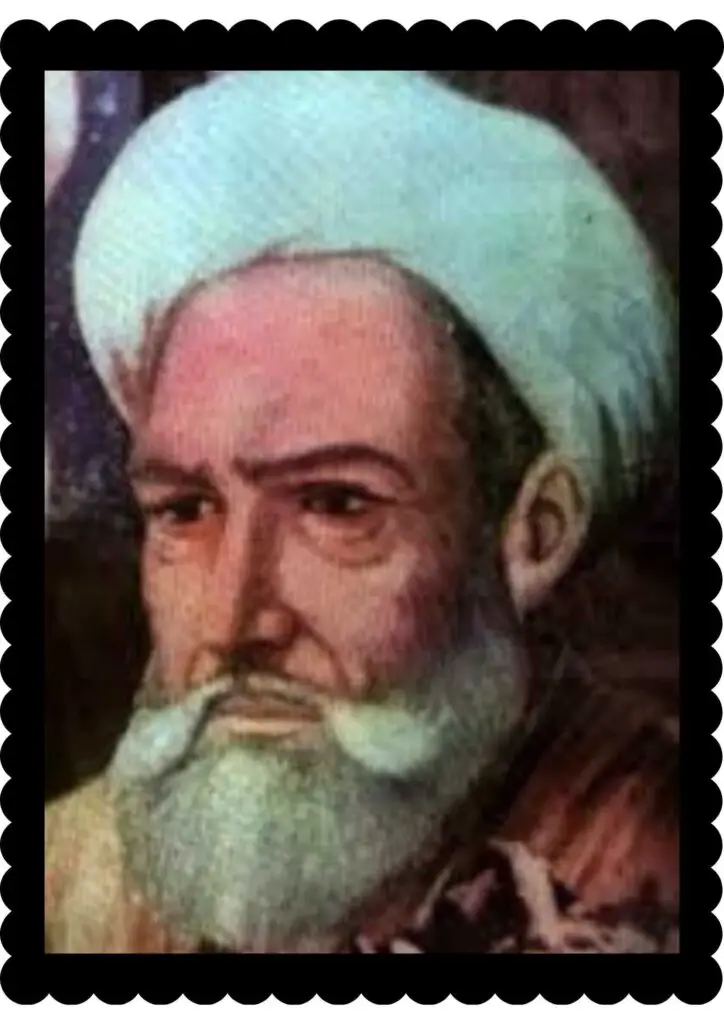
Born: 870 AD, Afghanistan/ Kazakhstan
Also called Alpharabius. Arab scholar and philosopher, often regarded as one of the greatest minds of the Middle Ages. He was frequently referred to as “the Second Teacher” in Islamic philosophical tradition, after Aristotle, who was referred to as “the First Teacher.” Through his interpretations and treatises, he is credited with helping to preserve the original Greek manuscripts during the Middle Ages and having a significant impact on a number of well-known thinkers, including Avicenna and Maimonides. He gained fame via his works both in the West and the East.
Muslim Scientists: A Forgotten History
Many more Famous Muslim Scientists and their Inventions were there throughout History which was forgotten in the sands of time. Muslim scientists played a crucial role in the Renaissance and medieval times and the Islamic empire provided a nurturing environment for scientific and Islamic studies for all religious groups.
This was all about Famous Muslim Scientists and their Inventions. Read more Islamic Blogs and Articles. Or Check out our Instagram Feed.


